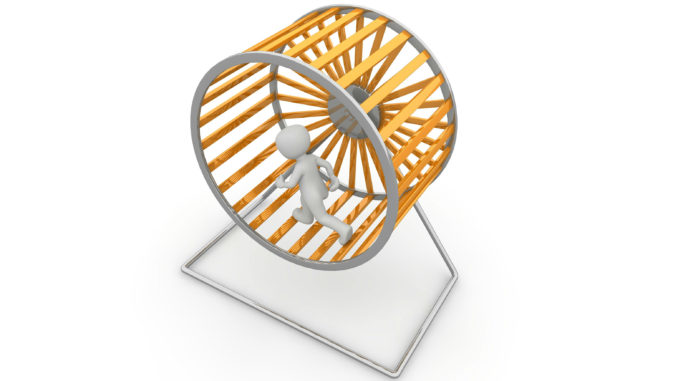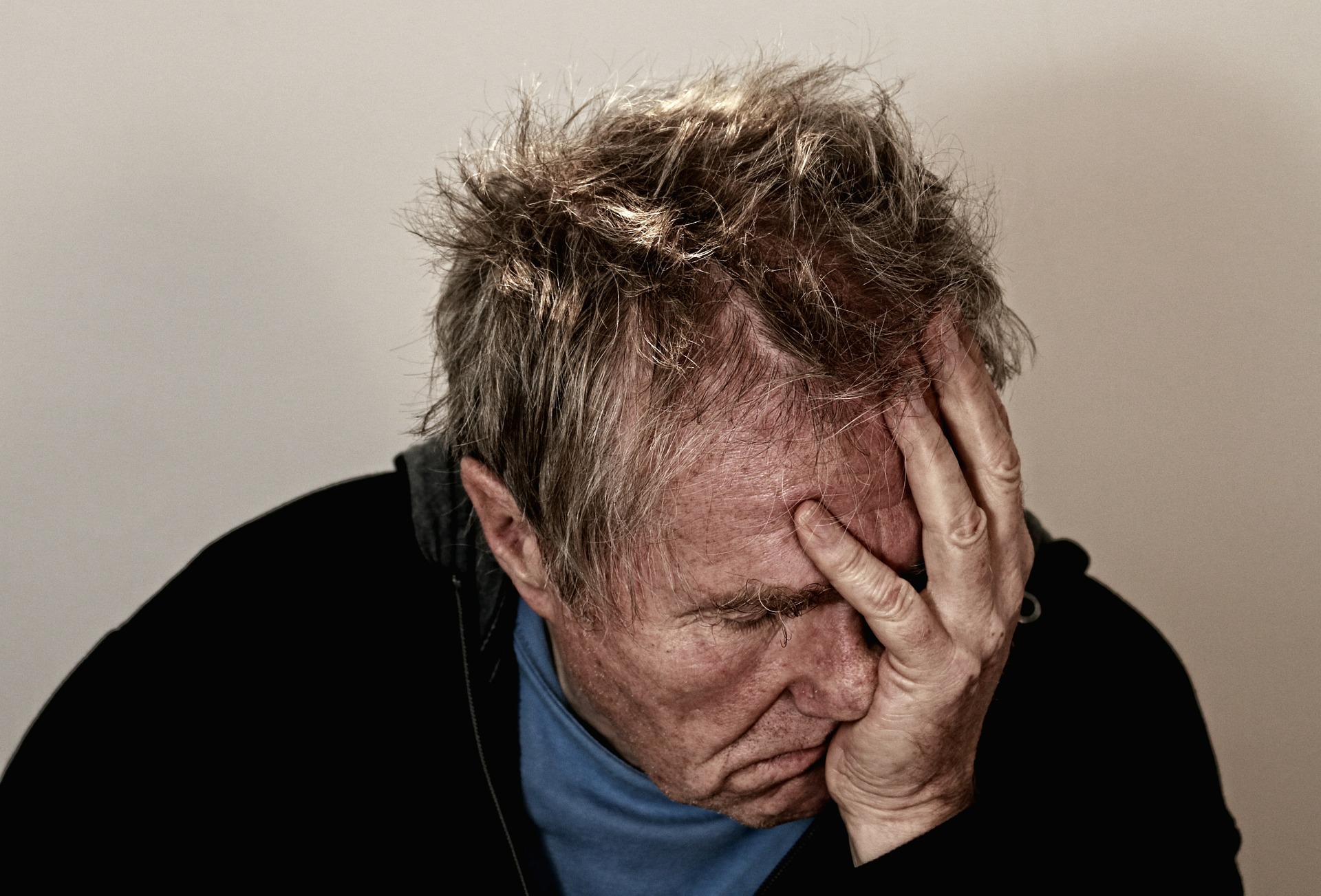
We call this…
The INFAMOUS WHEEL OF SHAME AND REPEAT.
Yes, as a counselor and a client that has gone through conventional substance abuse treatment, we all know it all too well. It is an initial internal frustration over some of life’s circumstances, proceeding into fantasizing about how to take all of these negative feelings away through one or two drinks, or just a joint. To get back on the old so familiar roller coaster.
This TRIGGER then leads to having more and more thoughts of what substance use could do for you. Reminiscing on the good times using, the friends, the laughter, the release, the forgetting about life temporarily. The great escape… Then after we engage in our typical rituals of using, we are off to the races. We might put ourselves in a risky situations and ultimately go through with the purchase/buy, and get on with things. We actually ingest it. Maybe you over do it, get out of hand, or worse yet, disappoint yourself. You in fact loss control.
Then good old guilt takes a seat in the room. You get down on yourself and beat yourself up. Why did I do that again? Why did I say that? Why did I embarrass myself again? Followed by feeling extra bad about yourself for a period of time. Only to then have a passage of time, a time of no substance use, reassure yourself that this will not happen again. We make “those promises” to never use again, or not in that way.
Only to then have those same underlying thoughts, days or months later. Thoughts of frustration, anxiety, depression or anger rear their ugly heads, and you jump back on the gerbil wheel again. Repeat this cycle enough, and you will have given yourself one of following:
- A serious beatdown to really feel bad about yourself
- Hopeless about ever beating your addiction
- Blaming everyone and everything around you to avoid feeling the pain of your own behavior
- Engaging in intense minimizing, denying and blaming to keep your head above the water of not hating yourself

Or…
You just recognize that it is simply a cycle you did not understand and were fooled by. It was an illusion you had given yourself about how you were not going to do it again. We have all had illusions we thought were true until we figured it out. And if even if you know about the cycle and repeat it, learn from it. Why not backtrack, and figure out where the mistakes were made, and then make a new plan for yourself? Even when you look at the most successful and wealthy people in the United States, you see story after story of making mistakes, but staying true to the journey and getting it right.
The other added variable with these people is that they own their mistakes. They tell people what happened and what they were going to do to change their behavior in the future. You see, what gives the cycle all the power is that we do not go back and review how things happened and what thoughts, feelings and behaviors got us back on the wheel. We don’t own our part in matters. Can we realistically be perfect in never getting on the wheel again? I have yet to meet someone in my 20,000 addicted clients I have worked with that got it right the first time around. Maybe they are out there; I just have not met them yet.
To make a huge lifestyle change and expect to never make a mistake is actually the set up. This new life is a process filled with imperfection. Filled with learning life moments and ways to practice your new emotions, thoughts and behaviors again and again. Use your support system to spot changes in your thinking and behaviors which might be leading you back to the cage and the gerbil wheel.
The support of others around you is important when we talk about the cycle. It is really someone outside of yourself, standing guard for your new way of life. Sometimes we just can not spot the early or late signs of going back on the wheel. This is why sponsorship in 12-step programs is so crucial. These people can spot those slight early changes in thinking and behaving which might give you clues as to when to intervene for yourself and get the support you need to successfully get off the wheel.

TED’s Tips on the Wheel
- Break the cycle by spotting early warning signs with how you handle your emotions, what you are doing with your behaviors and how you are thinking about life and recovery.
- Get a support person(s) that know you well and can spot those early changes in mindset, emotion and behavior.
- Realize that old habits are hard to break and that your brain can be chemically influenced when reminiscing or being around old using buddies or situations. Stack your physiology for you and not against you.

Leave a Reply